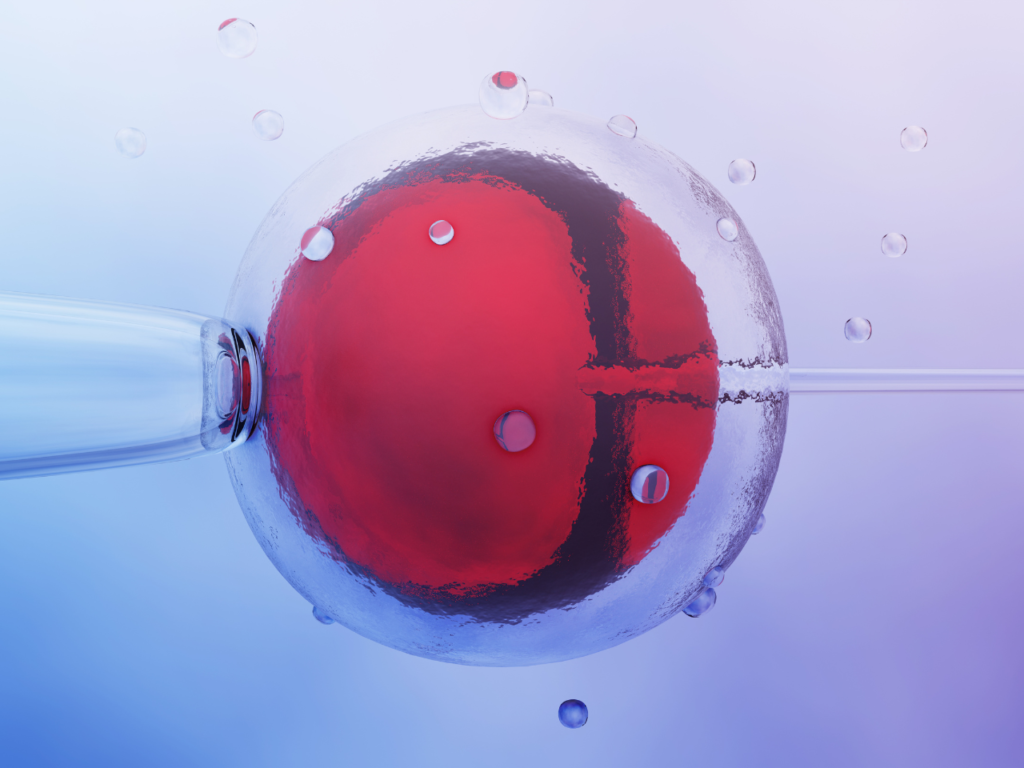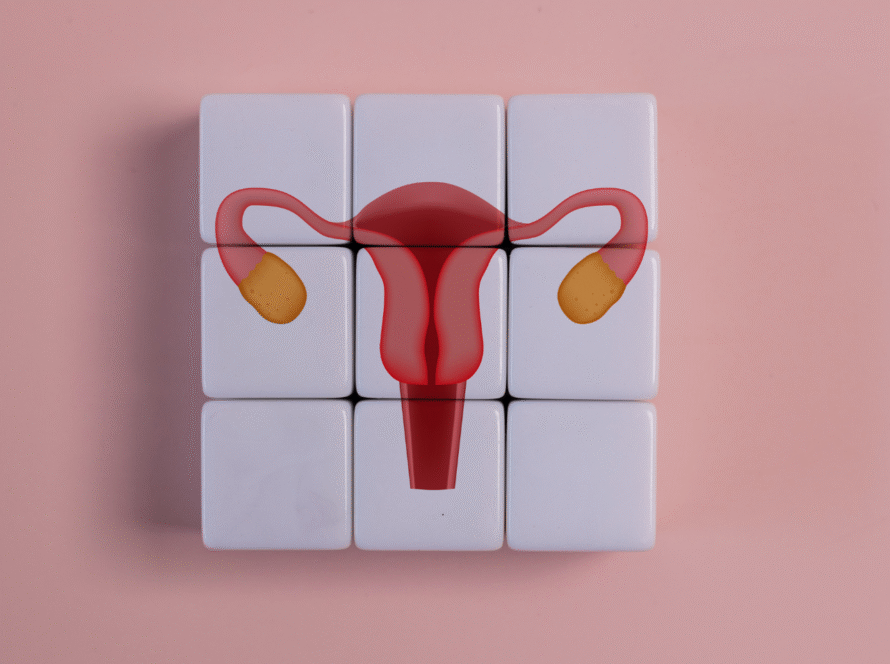For couples struggling with infertility, IVF (In Vitro Fertilization) offers a ray of hope. However, experiencing multiple IVF failures can be emotionally and physically exhausting. Repeated IVF failures leave couples questioning, “Why is IVF not working for us?”
Understanding the underlying reasons behind IVF failures and taking corrective actions can significantly improve the chances of a successful pregnancy. At Mithran Fertility Center, Chidambaram, we specialize in diagnosing the causes of repeated IVF failures and providing personalized treatment plans to optimize success rates.
This comprehensive guide explores the top causes of repeated IVF failures and provides effective strategies to overcome them, helping you move closer to your dream of parenthood.
Why Do IVF Failures Occur?
IVF is a complex process, and success depends on multiple factors, including egg and sperm quality, embryo development, and uterine receptivity. When any of these factors are compromised, the chances of a successful pregnancy decrease.
Top Causes of Repeated IVF Failures
Cause 1: Poor Embryo Quality
One of the most common reasons for IVF failure is poor embryo quality, which affects implantation and early development.
Why Embryo Quality Matters:
Embryos with chromosomal abnormalities often fail to implant.
Poor-quality embryos may lead to early miscarriage.
Reasons for Poor Embryo Quality:
Age of the Woman: Women over 35 have a lower ovarian reserve and poorer egg quality.
Sperm Quality Issues: Sperm with DNA fragmentation can affect embryo viability.
Solution:
Opt for ICSI (Intracytoplasmic Sperm Injection) to improve fertilization outcomes.
Consider PGT-A (Preimplantation Genetic Testing for Aneuploidy) to select chromosomally normal embryos.
Cause 2: Uterine Lining Issues
A thin or poorly developed endometrial lining can prevent successful embryo implantation, leading to repeated IVF failures.
Why Uterine Lining Matters:
A receptive endometrium is essential for successful implantation.
An unhealthy uterine environment increases the risk of miscarriage.
Common Causes:
Low Estrogen Levels: Estrogen helps thicken the uterine lining.
Scar Tissue or Fibroids: Structural abnormalities hinder embryo attachment.
Solution:
Use estrogen therapy to improve endometrial thickness.
Consider hysteroscopy to remove scar tissue or correct uterine abnormalities.
Explore endometrial scratching to enhance implantation success.
Cause 3: Chromosomal Abnormalities
Embryos with chromosomal abnormalities (aneuploidy) often fail to implant or result in early miscarriage.
Why Chromosomal Health is Important:
Chromosomal abnormalities account for up to 70% of IVF failures.
The risk increases with maternal age, leading to poor embryo quality.
Solution:
Consider PGT-A (Preimplantation Genetic Testing for Aneuploidy) to identify and transfer chromosomally normal embryos.
For older women, egg donation may be an alternative to improve embryo quality.
Cause 4: Hormonal Imbalances
Imbalances in hormones such as estrogen, progesterone, and thyroid hormones can disrupt the IVF process and affect implantation.
Why Hormonal Balance Matters:
Proper hormonal balance supports follicular growth, ovulation, and implantation.
Abnormalities in thyroid function or prolactin levels can lead to IVF failure.
Common Hormonal Issues:
PCOS (Polycystic Ovary Syndrome): Affects egg quality and ovulation.
Thyroid Dysfunction: Impairs embryo implantation.
Solution:
Monitor hormone levels and adjust IVF protocols accordingly.
Treat thyroid imbalances with medication before starting IVF.
Use low-dose ovarian stimulation in women with PCOS to prevent ovarian hyperstimulation.
Cause 5: Autoimmune and Immune Disorders
Immune system dysfunction can cause the body to reject embryos, leading to implantation failure.
Why Immune Health is Important:
Overactive immune responses may attack the embryo as a foreign body.
Autoimmune conditions, such as antiphospholipid syndrome (APS), increase the risk of miscarriage.
Solution:
Consider immunotherapy to modulate immune responses.
Use intravenous immunoglobulin (IVIG) or steroids to suppress autoimmune activity.
Conduct immune profiling to identify underlying immune issues.
Cause 6: Lifestyle Factors and Stress
Unhealthy lifestyle habits and chronic stress can negatively impact IVF outcomes by disrupting hormonal balance and affecting embryo implantation.
Why Lifestyle Matters:
Poor nutrition and smoking affect egg and sperm quality.
High stress levels increase cortisol, which can interfere with implantation.
Solution:
Adopt a fertility-friendly diet rich in antioxidants and essential nutrients.
Practice stress-relief techniques such as yoga, meditation, and counseling.
Maintain a healthy BMI to improve hormone regulation.
How to Overcome Causes of Repeated IVF Failures with Advanced Solutions

- Comprehensive Fertility Assessment
Conducting a thorough evaluation of hormone levels, uterine health, and embryo quality helps identify potential issues before the next IVF cycle.
- Customized IVF Protocols
Personalized IVF protocols, tailored to individual fertility profiles, optimize the chances of success.
- Use of PGT-A for Genetic Screening
Transferring only chromosomally normal embryos reduces the risk of implantation failure and miscarriage.
- ERA (Endometrial Receptivity Analysis)
ERA identifies the optimal implantation window, ensuring embryos are transferred when the uterus is most receptive.
- Immune Therapy for Autoimmune Issues
Immunomodulatory treatments can prevent the immune system from attacking the embryo.
FAQs
Most fertility specialists recommend trying 3-4 IVF cycles before considering alternative options such as donor eggs or surrogacy.
Yes, adopting a healthy lifestyle, reducing stress, and improving nutrition can enhance fertility and improve IVF outcomes.
While PGT-A significantly improves implantation rates, it does not guarantee success, as other factors like uterine receptivity also play a role.
Yes, endometrial scratching can improve implantation rates by enhancing uterine receptivity.
Taking a break between cycles allows the body to recover and improves the chances of success in the next attempt.
Conclusion
Experiencing repeated IVF failures can be disheartening, but understanding the causes and exploring advanced solutions can improve your chances of a successful pregnancy.
At Mithran Fertility Center, Chidambaram, we are dedicated to providing personalized care, cutting-edge technologies, and compassionate support to help couples overcome infertility and achieve their dream of parenthood.




